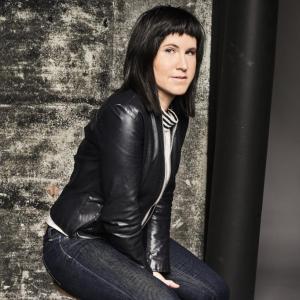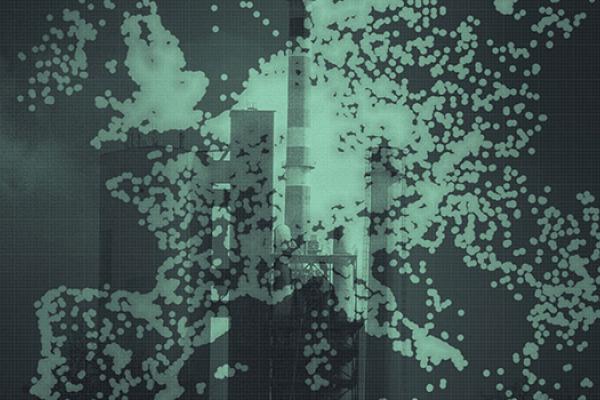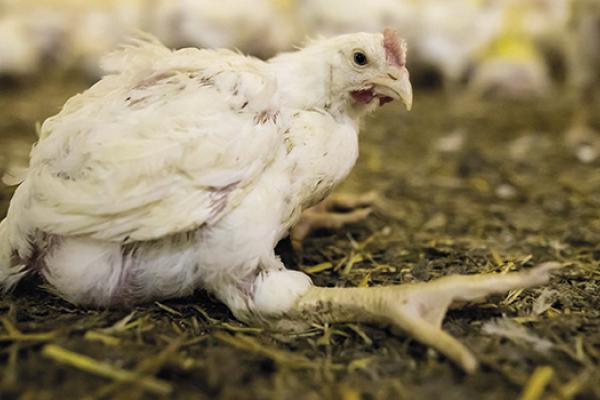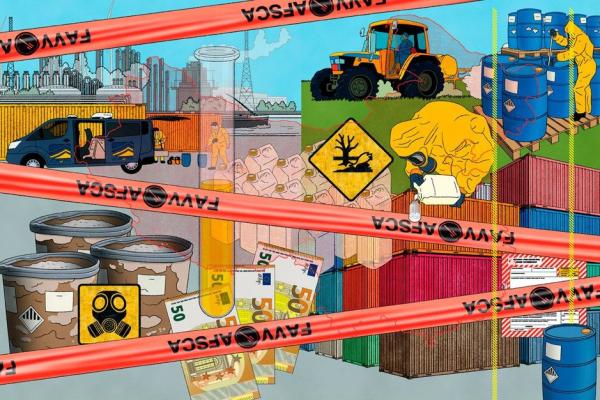How the chemical industry doctored a new EU approval of a contested pesticide.
Investigating the EU’s 2023 re-approval of glyphosate revealed just how closely the chemical industry steers the scientific process meant to regulate it. An international team examined thousands of pages of internal correspondence, industry submissions, and official reports obtained through freedom of information requests. Scientists, regulators, and civil society experts were interviewed to reconstruct how the Glyphosate Renewal Group – a consortium of manufacturers – helped define the very evidence base used by the nationale pesticide authorities and the European Food Safety Authority (EFSA).
The work was complex and often obstructed by redactions, bureaucratic opacity, and technical jargon. Yet patterns emerged: national regulators repeatedly echoed industry phrasing, dismissed independent peer-reviewed studies, and relied on data prepared by private consultancies. What should have been a transparent scientific evaluation instead became a closed process shaped by commercial interests.
This story exposed not just one controversial re-approval, but a system that too often privileges economic convenience over scientific integrity and public health.
Key Findings
- Industry actors shaped and filtered the scientific evidence base.
- Independent research was systematically excluded.
- Regulators adopted language and conclusions from industry drafts.
- Oversight mechanisms lacked independence and transparency.
- National authorities narrow focus understated real-world product risks.
- The process eroded trust in EU pesticide regulation.








